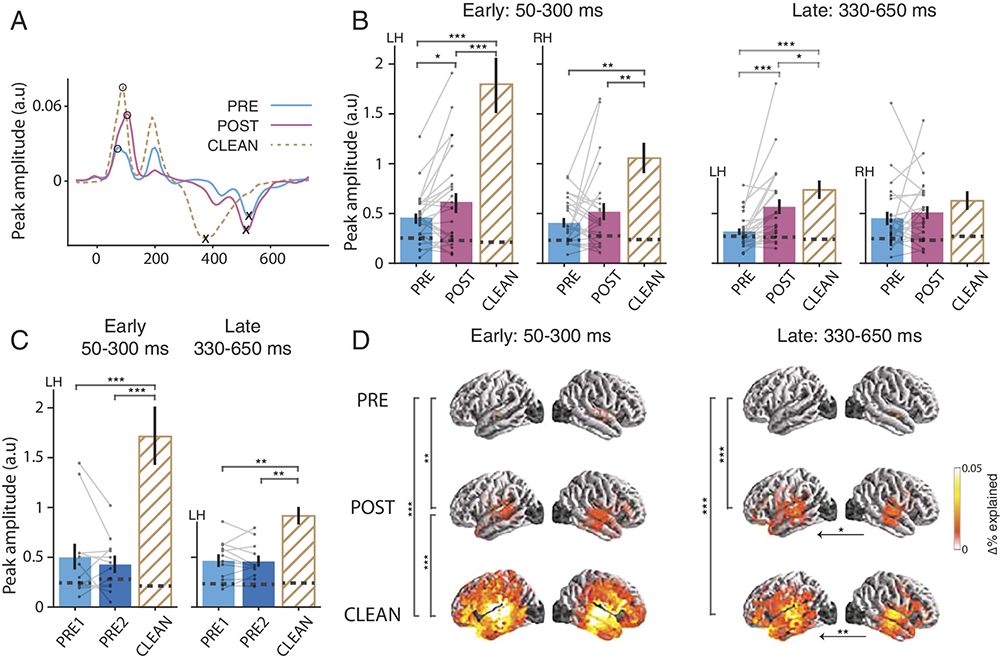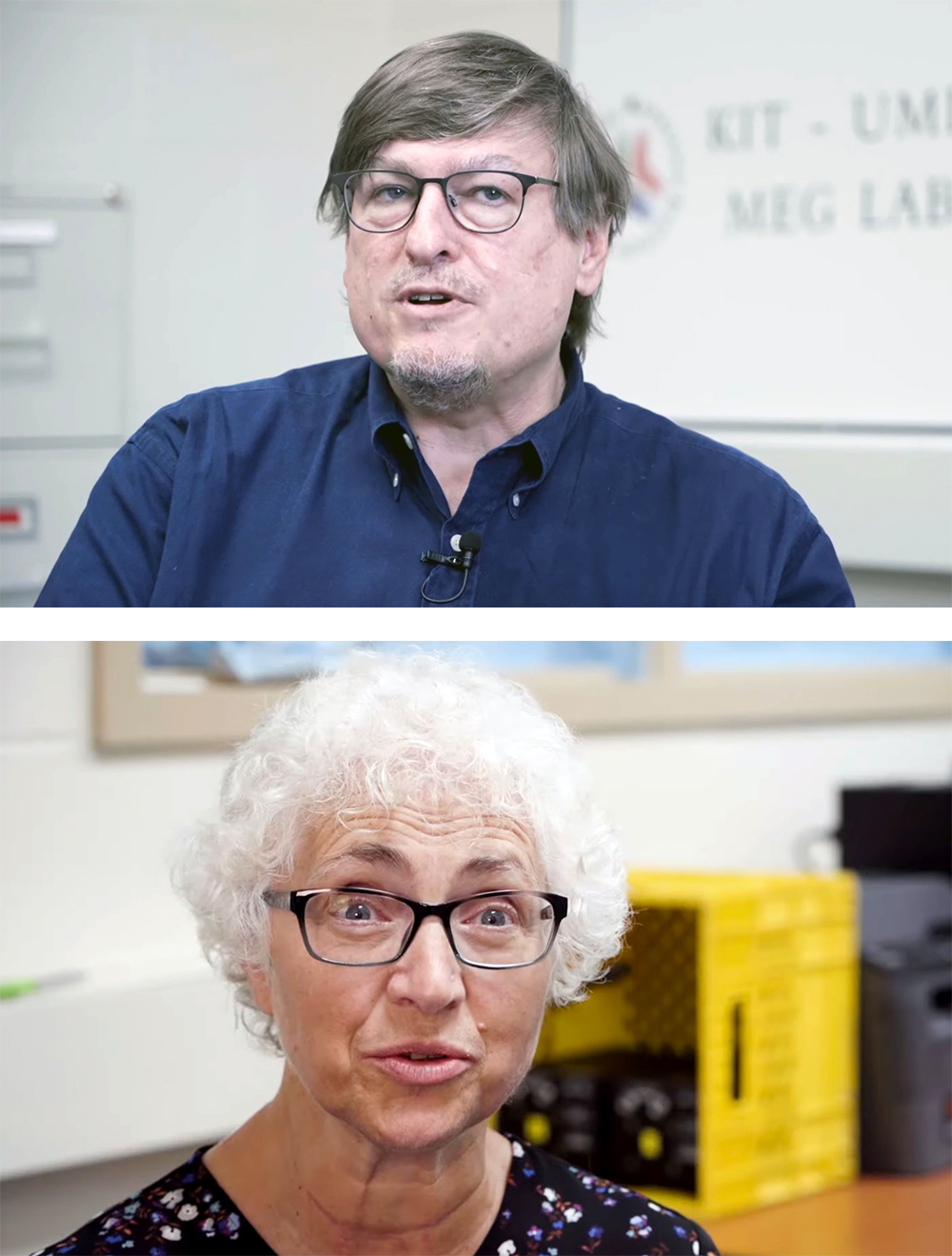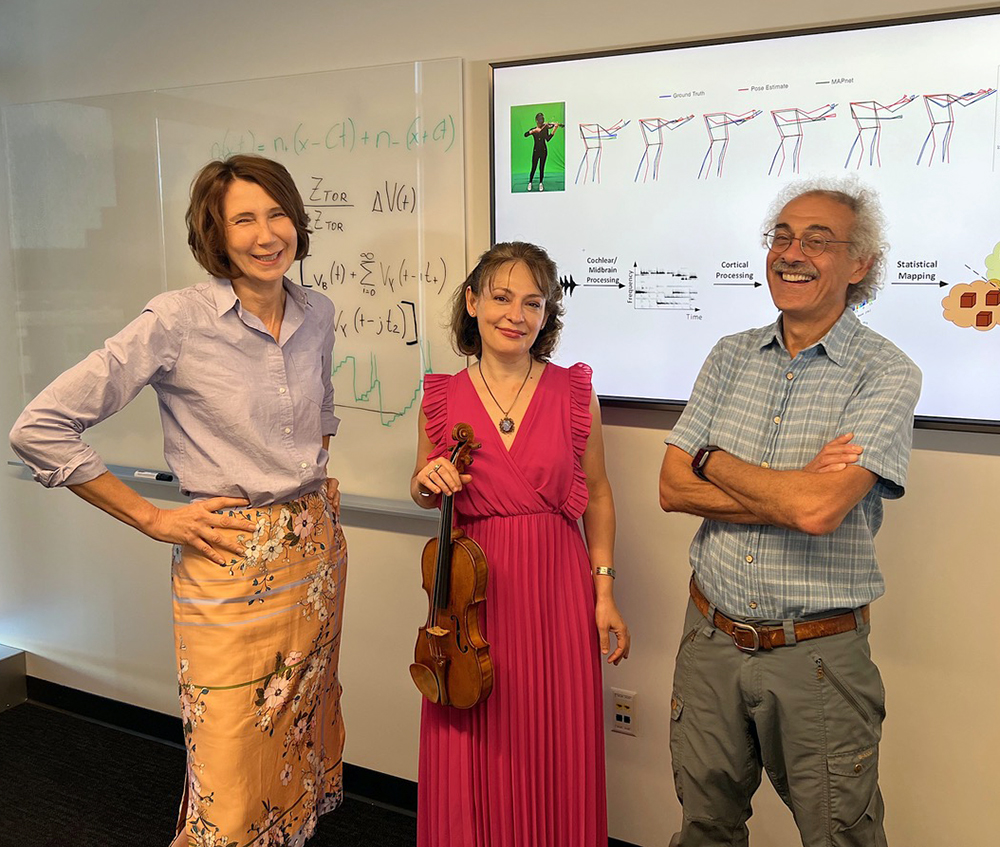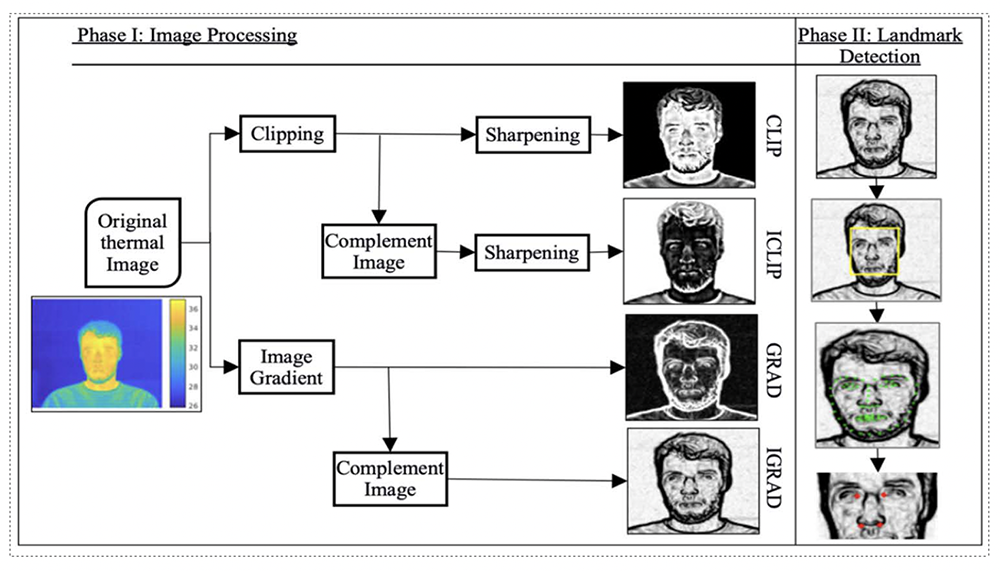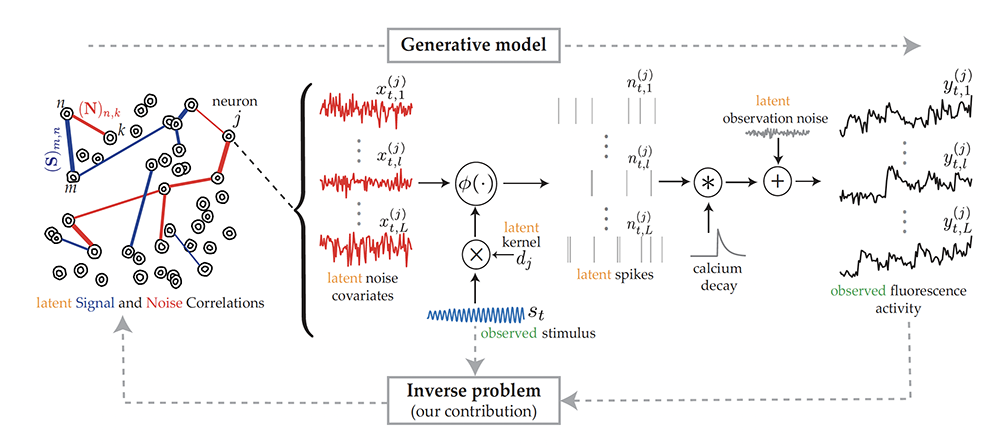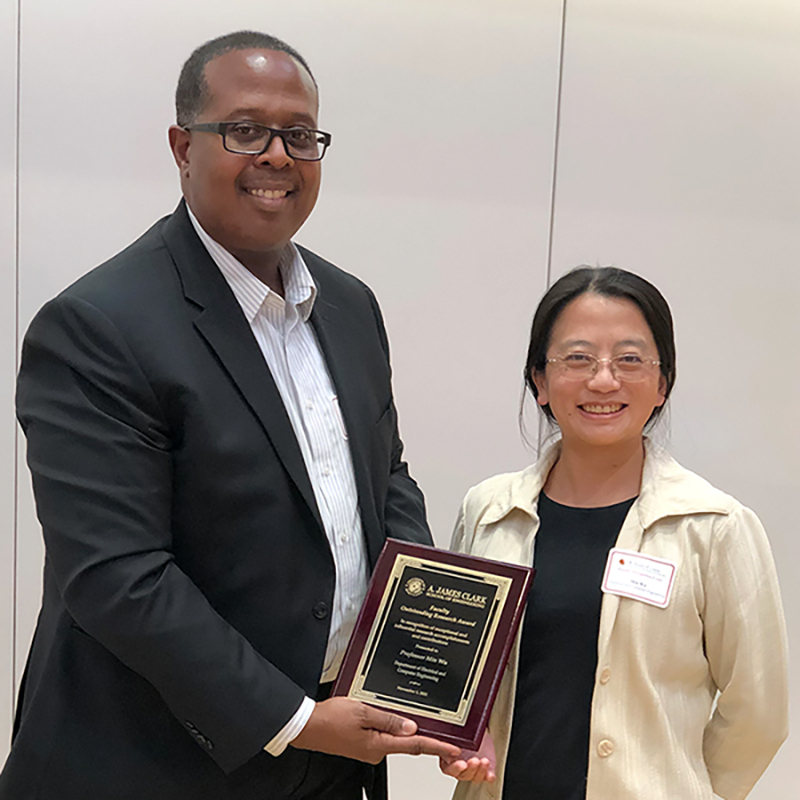News Story
Pal is PI for NSF collaborative research grant
ISR-affiliated Assistant Professor Piya Pal (ECE) is the Principal Investigator for a National Science Foundation CPS Collaborative Grant, “Cyber-Physical Sensing, Modeling, and Control for Large-Scale Wastewater Reuse and Algal Biomass Production.” The three-year collaborative grant with the University of Missouri combines sensing, signal processing and controls for algal biomass production.Abstract
This project develops advanced cyber-physical sensing, modeling, control, and optimization methods to significantly improve the efficiency of algal biomass production using membrane bioreactor technologies for waste water processing and algal biofuel. Currently, many wastewater treatment plants are discharging treated wastewater containing significant amounts of nutrients, such as nitrogen, ammonium, and phosphate ions, directly into the water system, posing significant threats to the environment. Large-scale algae production represents one of the most promising and attractive solutions for simultaneous wastewater treatment and biofuel production. The critical bottleneck is low algae productivity and high biofuel production cost.
The previous work of this research team has successfully developed an algae membrane bioreactor (A-MBR) technology for high-density algae production which doubles the productivity in an indoor bench-scale environment. The goal of this project is to explore advanced cyber-physical sensing, modeling, control, and optimization methods and co-design of the A-MBR system to bring the new algae production technology into the field. The specific goal is to increase the algal biomass productivity in current practice by three times in the field environment while minimizing land, capital, and operating costs. Specifically, the project will (1) adapt the A-MBR design to address unique new challenges for algae cultivation in field environments, (2) develop a multi-modality sensor network for real-time in-situ monitoring of key environmental variables for algae growth, (3) develop data-driven knowledge-based kinetic models for algae growth and automated methods for model calibration and verification using the real-time sensor network data, and (4) deploy the proposed CPS system and technologies in the field for performance evaluations and demonstrate its potentials.
This project will demonstrate a new pathway toward green and sustainable algae cultivation and biofuel production using wastewater, addressing two important challenging issues faced by our nation and the world: wastewater treatment and renewable energy. It will provide unique and exciting opportunities for mentoring graduate students with interdisciplinary training opportunities, involving K-12 students, women and minority students. With web-based access and control, this project will convert the bench-scale and pilot scale algae cultivation systems into an exciting interactive online learning platform to educate undergraduate and high-school students about cyber-physical system design, process control, and renewable biofuel production.
Published September 15, 2015

